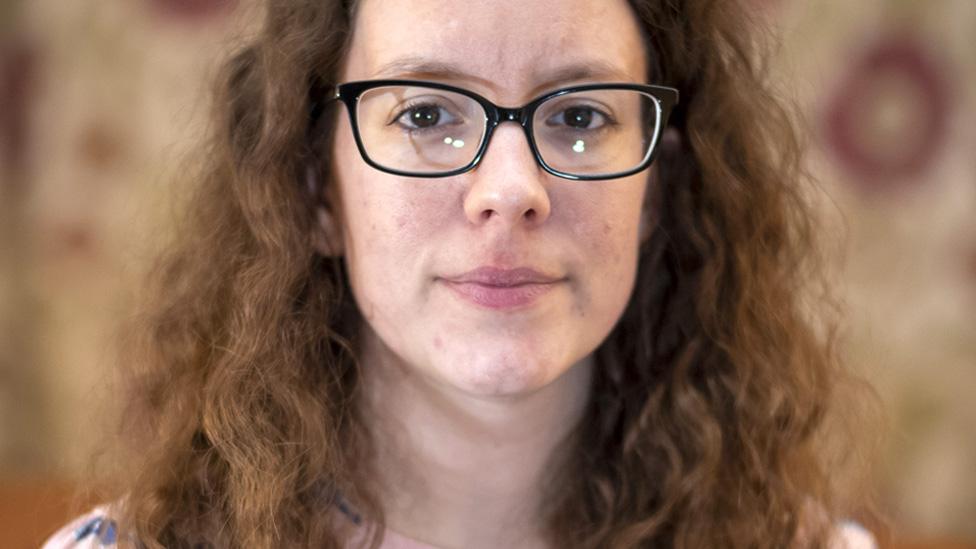Shropshire baby deaths: The parents whose lives were changed forever
- Published
The Ockenden report into maternity failings at the Shrewsbury and Telford Hospital Trust has been published. Initially launched to investigate 23 cases, the inquiry was expanded to look at 1,862, after an avalanche of families came forward with concerns about the care they received.
SaTH has apologised to affected families and described the report as "deeply distressing".
Here some of the families explain what happened to them.
Carley McKee
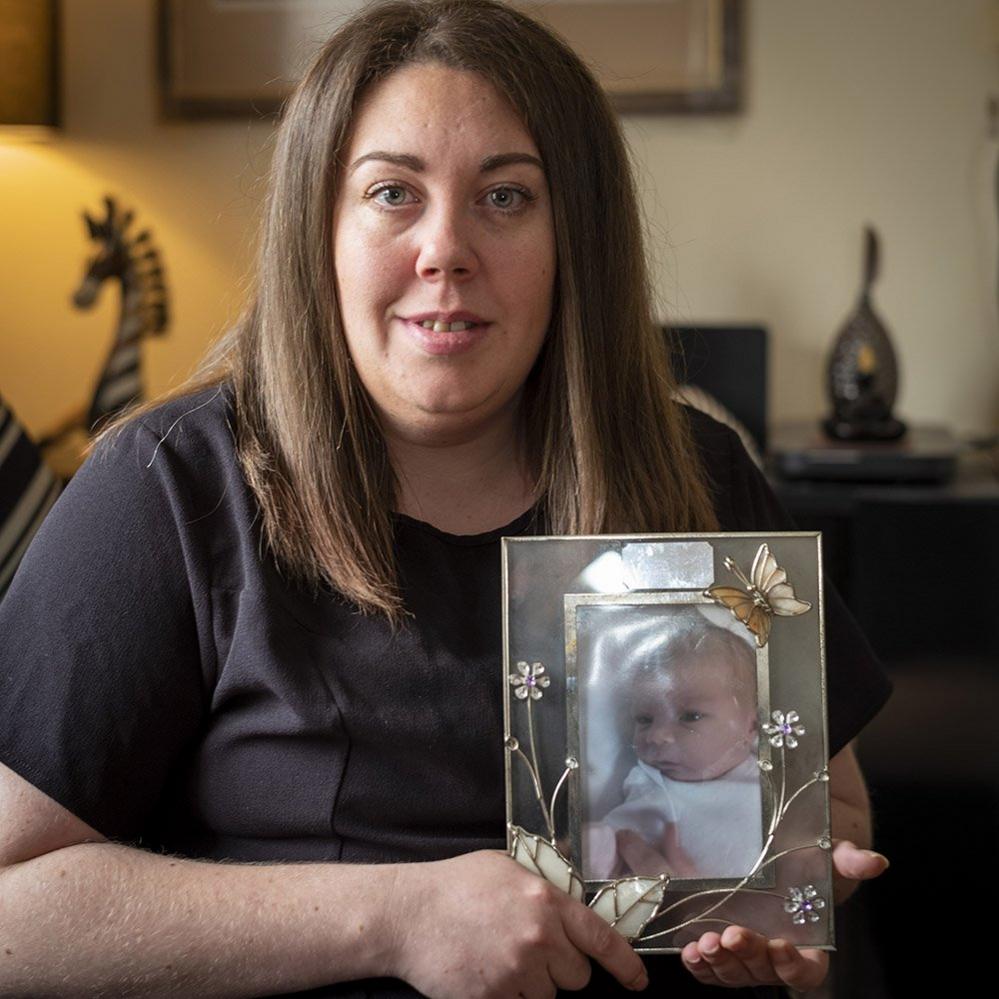
Carley McKee's daughter Keeley was just 31 hours old when she died in 2010 after medics failed to spot she was suffering from pneumonia. The following year Carley's husband died, while serving in Afghanistan.
"It's still the best day of my life, I woke up with my husband and my daughter, I had a family," says Carley. "The next day, I saw her eyes roll and that was it, she was gone."
Report: Repeated failures led to deaths
Mothers who helped uncover the biggest NHS maternity scandal
Hayley Matthews
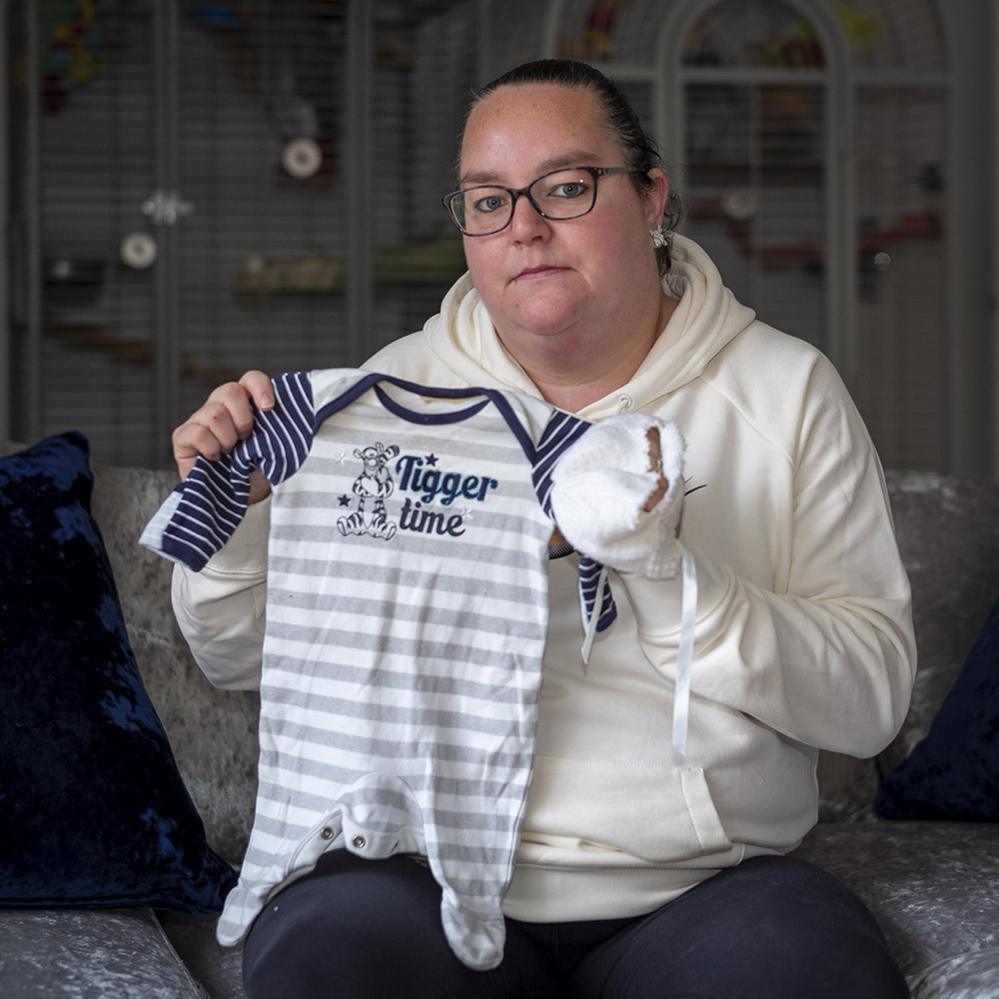
Hayley Matthews' son, Jack Burns, was 11 hours old when he died in 2015. Staff had failed to spot he was suffering from a serious infection, Group B Strep. Hayley had been in labour for 36 hours and had repeatedly asked for a Caesarean section.
"They need to listen to the mothers," says Hayley. "You tell them that something's not right and they don't listen, they think they know best, but they don't always."
Katie Wilkins and Dave Jackson
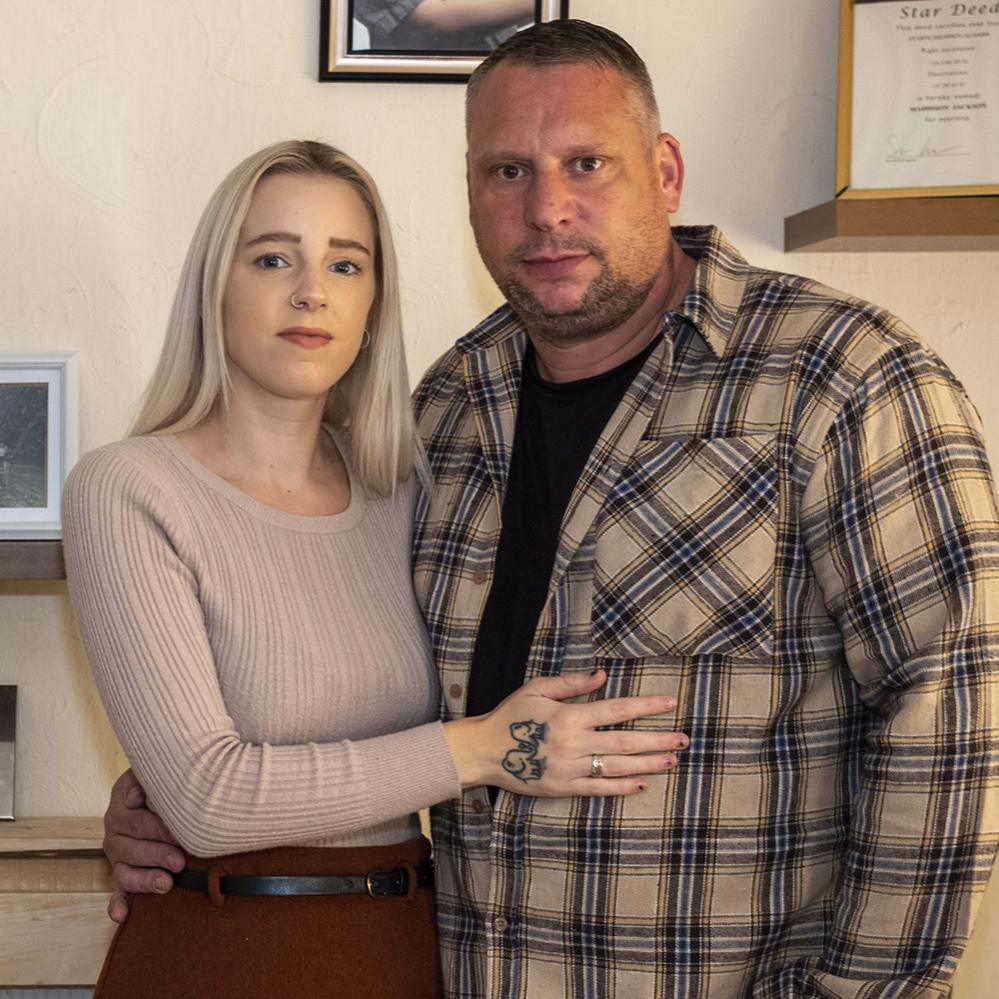
Maddison Dawn Jackson Wilkins died in 2013 after her mother, Katie, was left waiting to be induced for three days, despite her daughter being more than a week overdue.
"I can still hear him saying it now, we can't hear the heartbeat," Katie's partner, Dave, says. "We always wonder what colour eyes Maddie would have because we never saw her with her eyes open."
Sophie Holmes
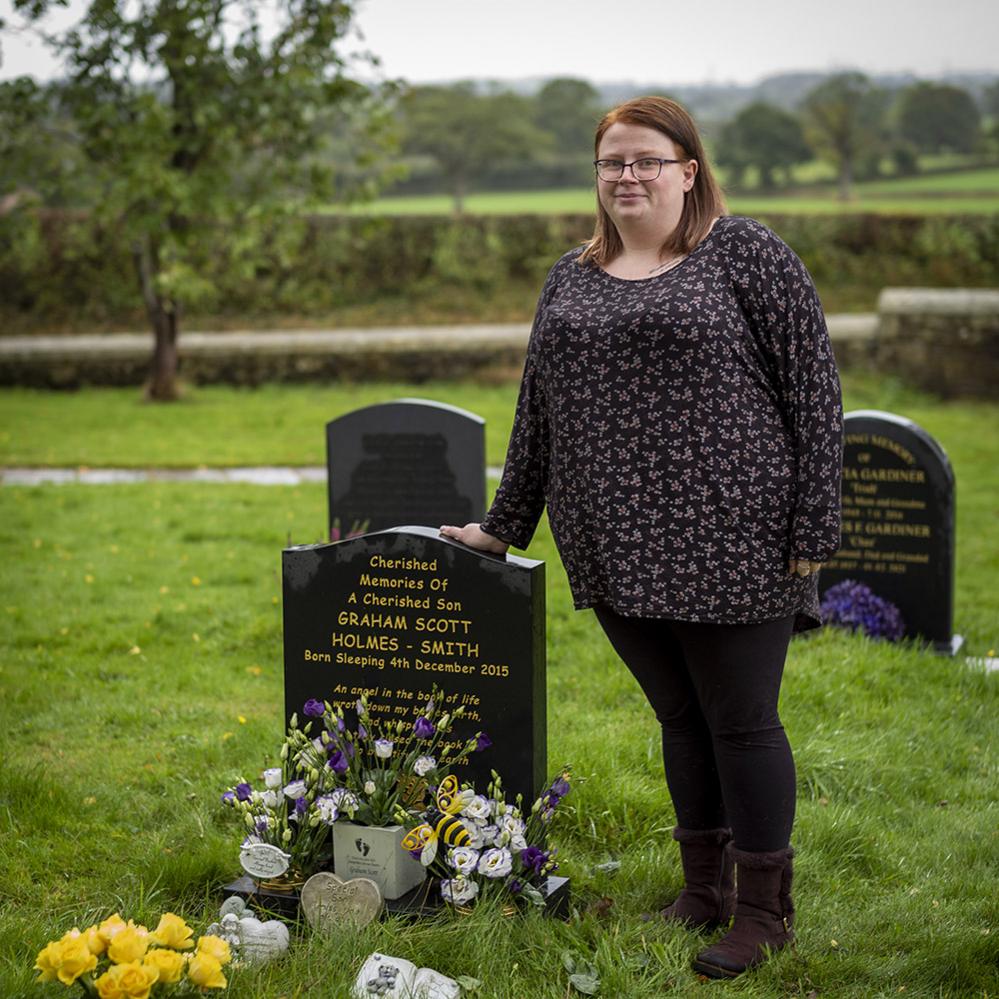
Graham Scott Holmes-Smith was stillborn in 2015. Midwives didn't realise he was in distress because they failed to read his heart-rate monitor properly.
"They're not just taking people's babies away, they're taking away Christmases, birthdays, everything," says Sophie.
Kayleigh and Colin Griffiths
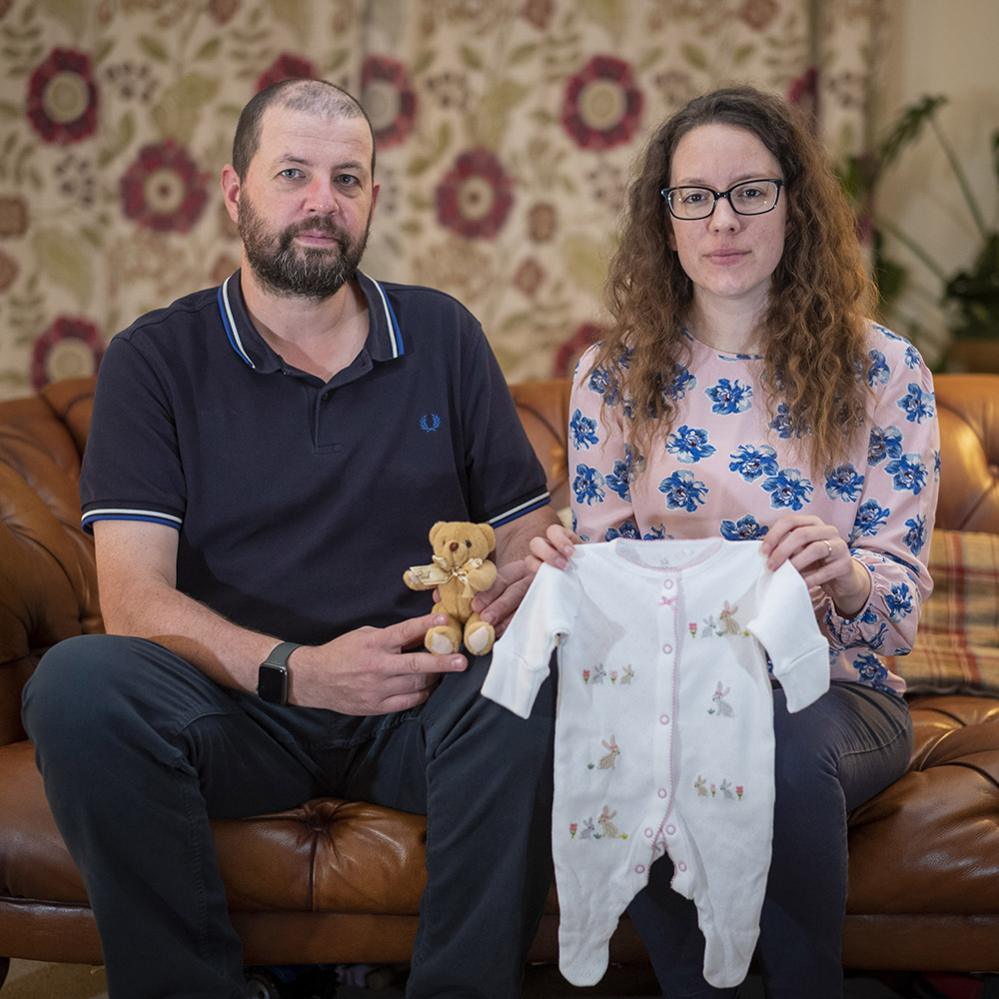
Pippa Griffiths died in 2016, aged one day. Midwives failed to spot that the baby had a serious infection, Group B Strep, despite her mother repeatedly raising concerns.
"Our lives have been turned upside down," says Kayleigh, "I never imagined turning 30 and having a massive fight on my hands, uncovering the truth. We're completely different people."
Katie Anson and Matthew Hall
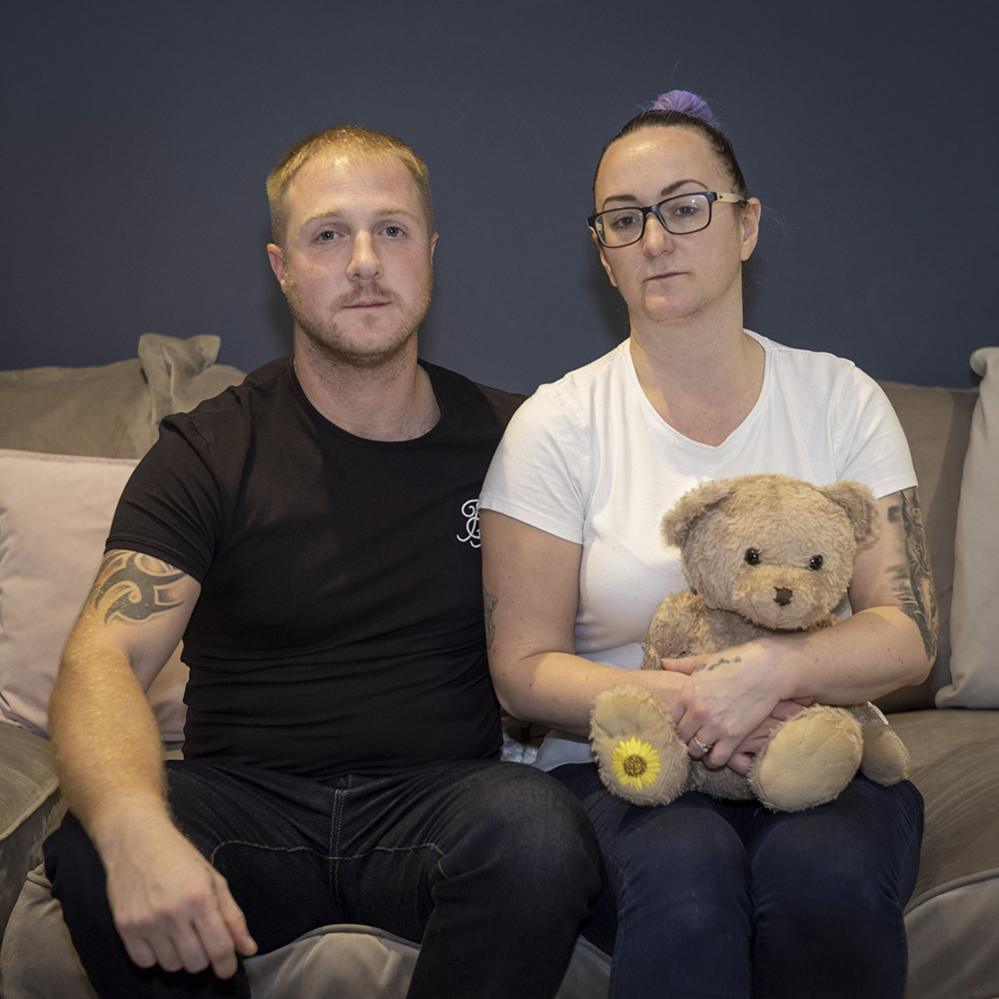
Kye Hall died in 2015 aged four days. Staff failed to properly take or read heart-rate readings which meant they didn't spot that Kye was in distress.
"You feel robbed," says Katie. "It makes me angry, but it makes me sad as well. To think of all the people who've lost their children because they haven't done anything, they haven't acted."
Rhiannon Davies and Richard Stanton
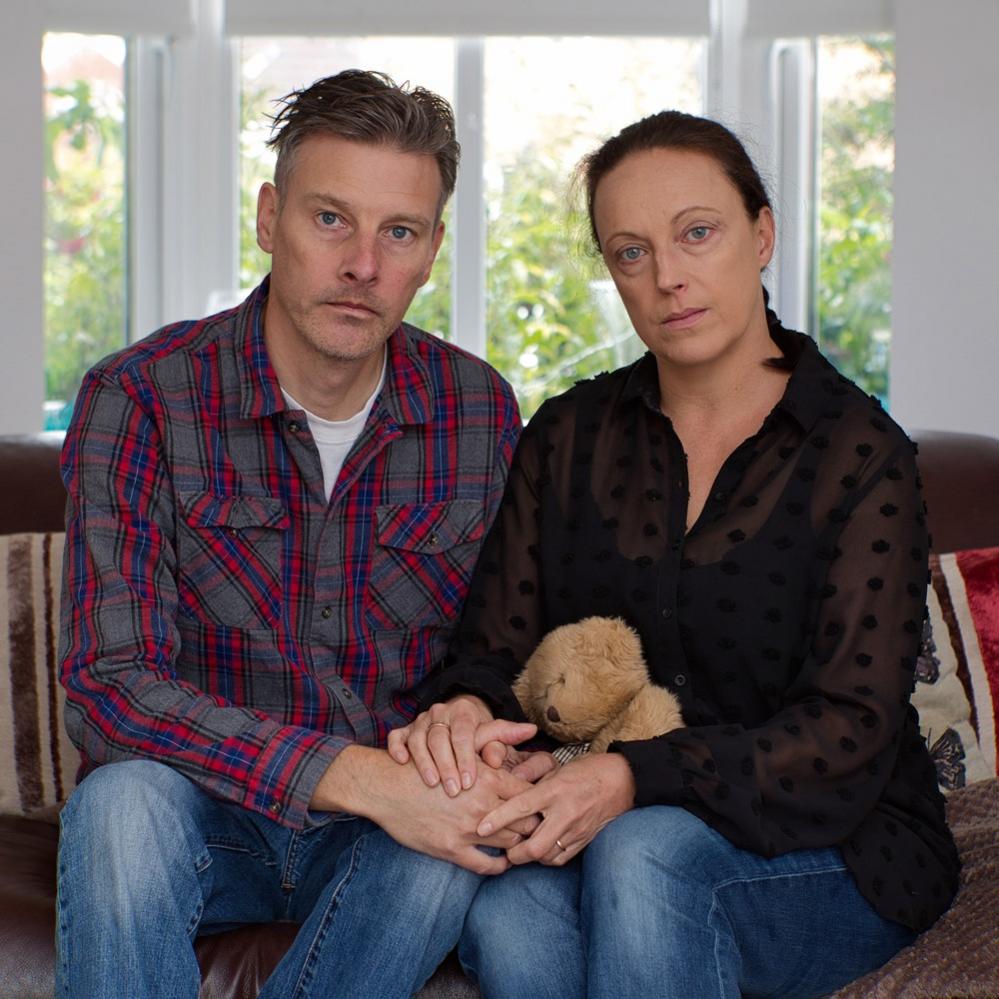
Kate Stanton Davies died aged six hours in 2009. Her mother Rhiannon, originally from Wales, had told doctors her baby had reduced foetal movements in the final days of her pregnancy, but they still allowed her to give birth in a remote midwife-led unit, with no medical care nearby.
"Six hours after holding my new-born baby, I cradled Kate in my arms, dying," says Rhiannon's husband, Richard. "The overriding memory I have from that day is hearing Rhiannon be told that Kate was no longer with us, and the cries of pain from Rhiannon."
Sonia and Phil Leigh
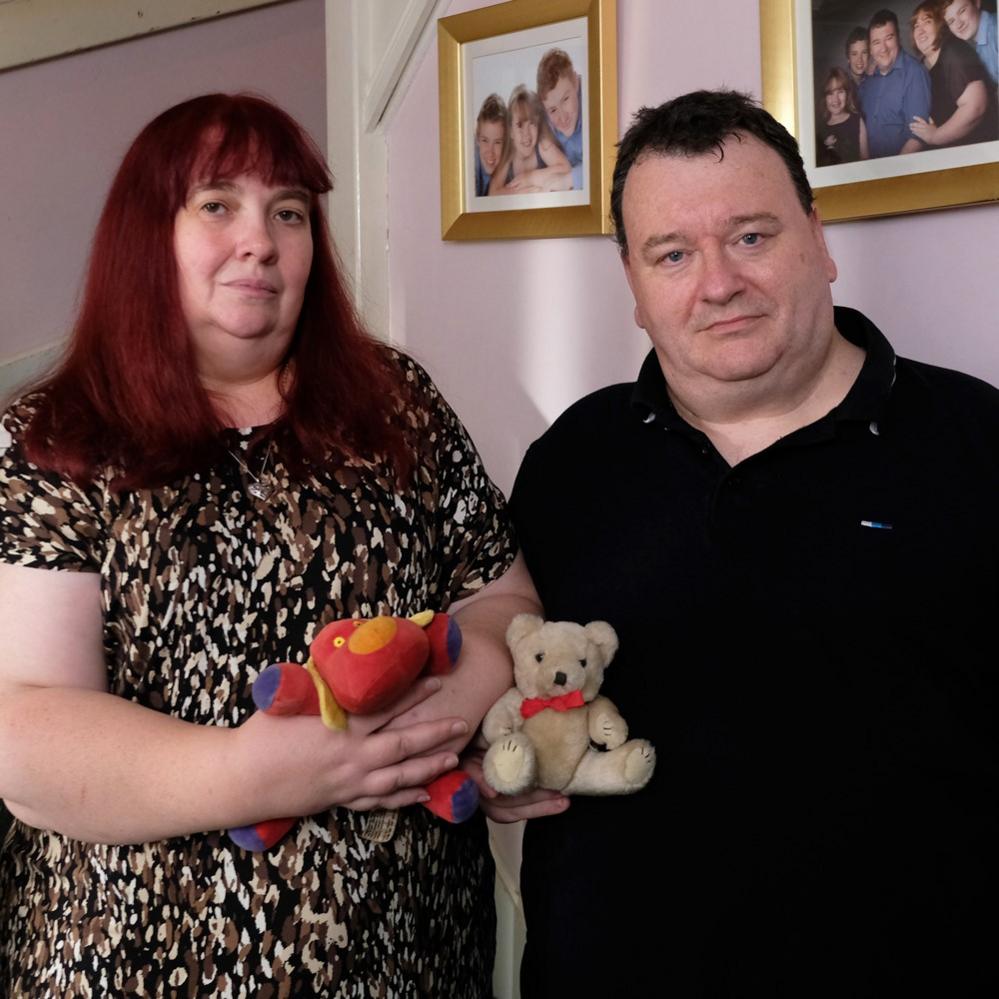
Kathryn Leigh died in 2000, just 21 minutes old. She was born in a poor condition after her mother had been left in labour all night before needing an emergency Caesarean. Medics then did not use the resuscitation equipment correctly.
"I wondered about the fact that I'd been left so long before going to C-section," says Sonia, "and after speaking to other mums, they all had similar experiences, that it was left till the last minute. They were putting lives at risk."
Tamsin Bell
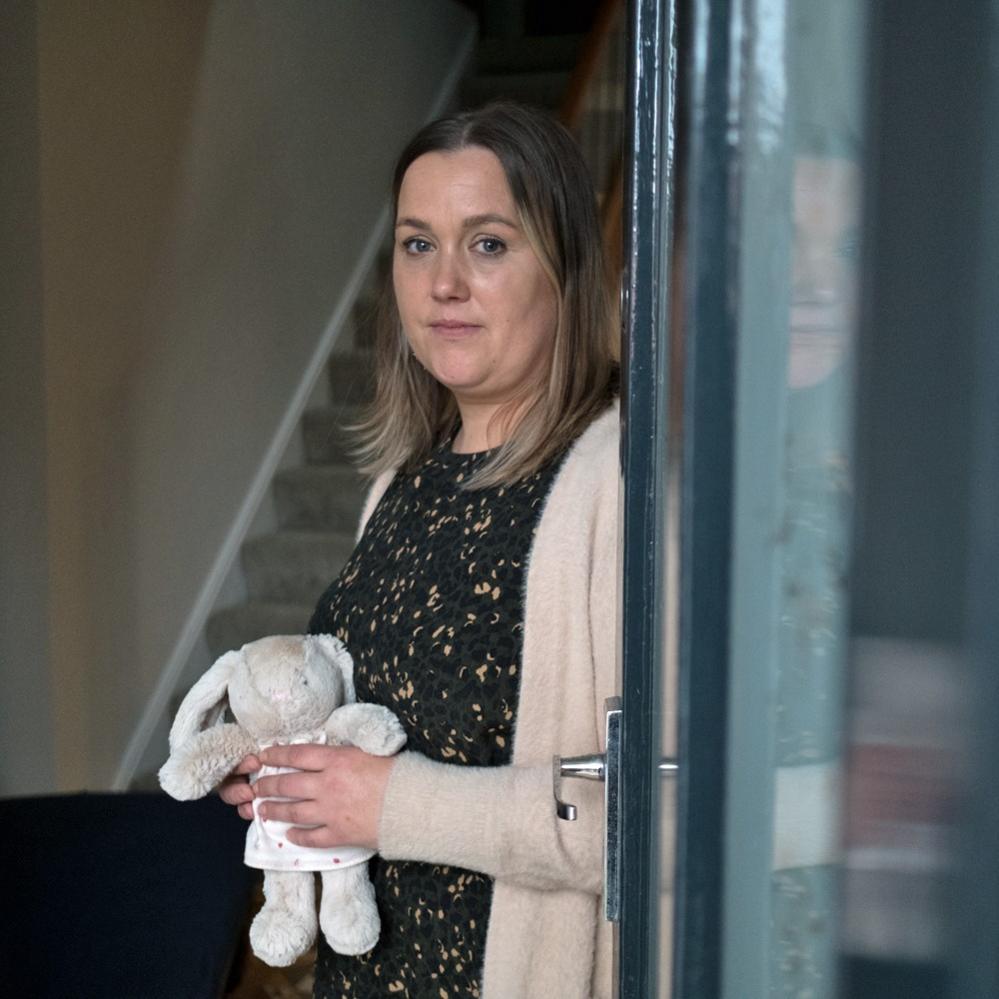
Ivy Morris died in 2016, aged four months. She'd been born with a severe brain injury after midwives had failed to properly monitor her heart-rate.
"I was bringing home a baby who needed tube feeding every three hours," says Tamsin. "If you wanted to nip out, you had to pack up all the equipment and make sure that you'd got everything, and this is not a case of, 'Have I got enough nappies?' it's, 'Have I got the lifesaving equipment that's going to stop her from dying?'"
Charli and Ryan Hadley
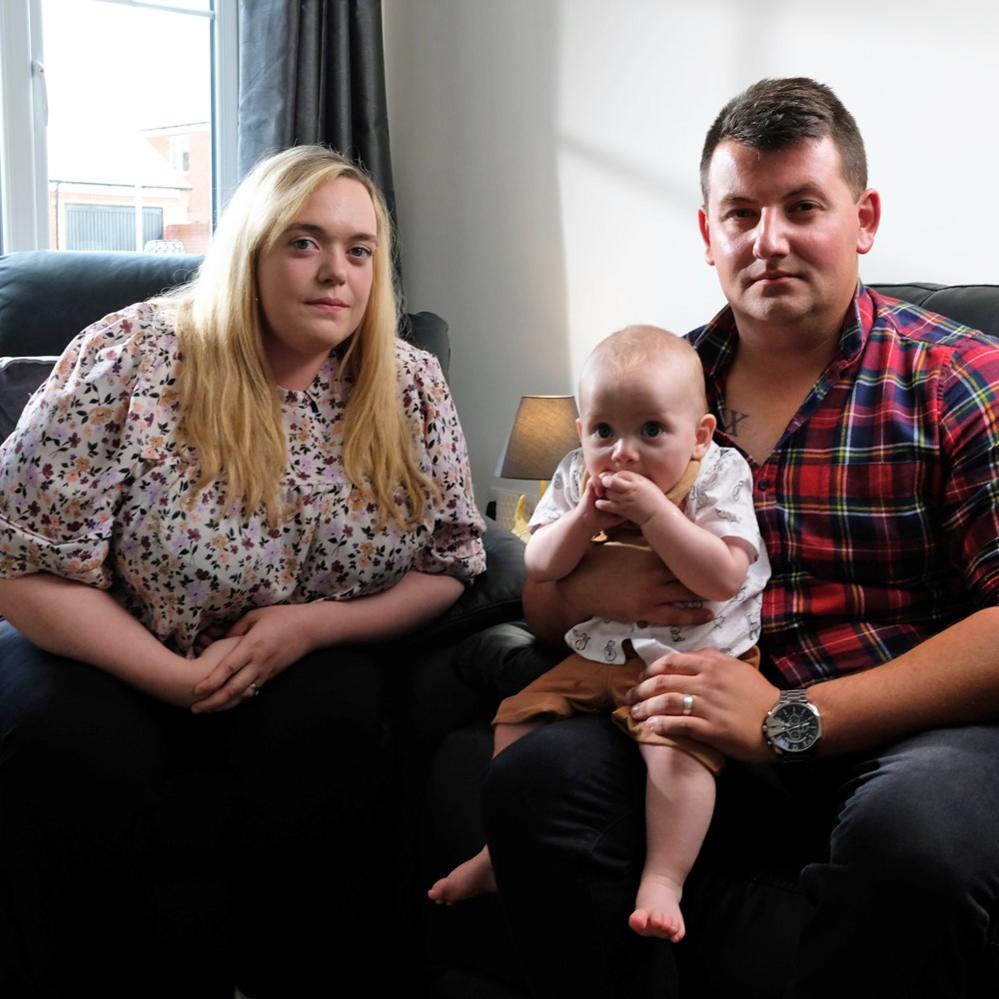
In 2020, Charli Hadley was left with a significant and life-changing injury after the doctor who had delivered her son failed to spot that Charli had a significant vaginal tear, which has required two operations to repair.
"Physically I just feel disgusting constantly with what has happened to me," says Charli. "No normal 26-year-old woman should have to go through what I've had to go through."
Kamaljit Uppal
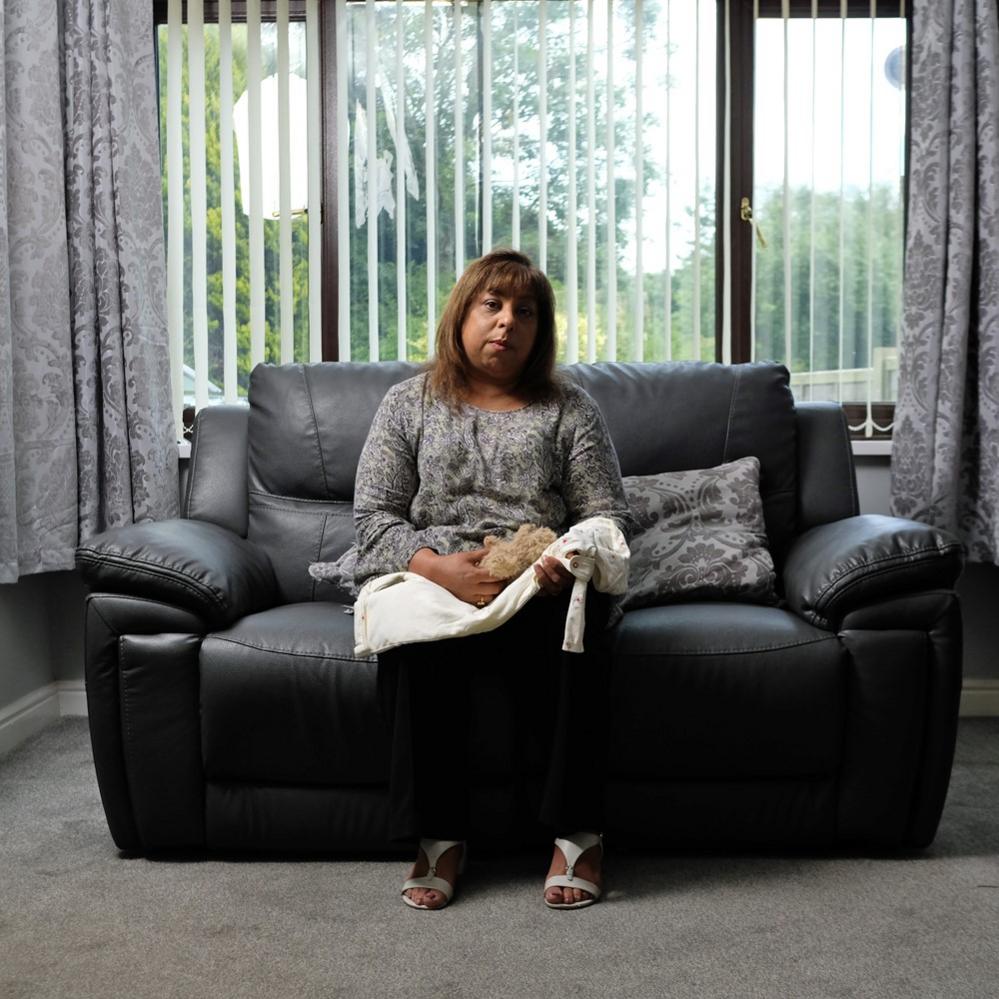
Manpreet Singh Uppal died in 2003. He was born in a poor condition by emergency Caesarean. His mother had been encouraged to have a natural birth and left in labour for 12 hours despite having a complex pregnancy.
"I never saw him alive," says Kamaljit. "They took my little precious baby away because they made the wrong decision."
Kelly Jones
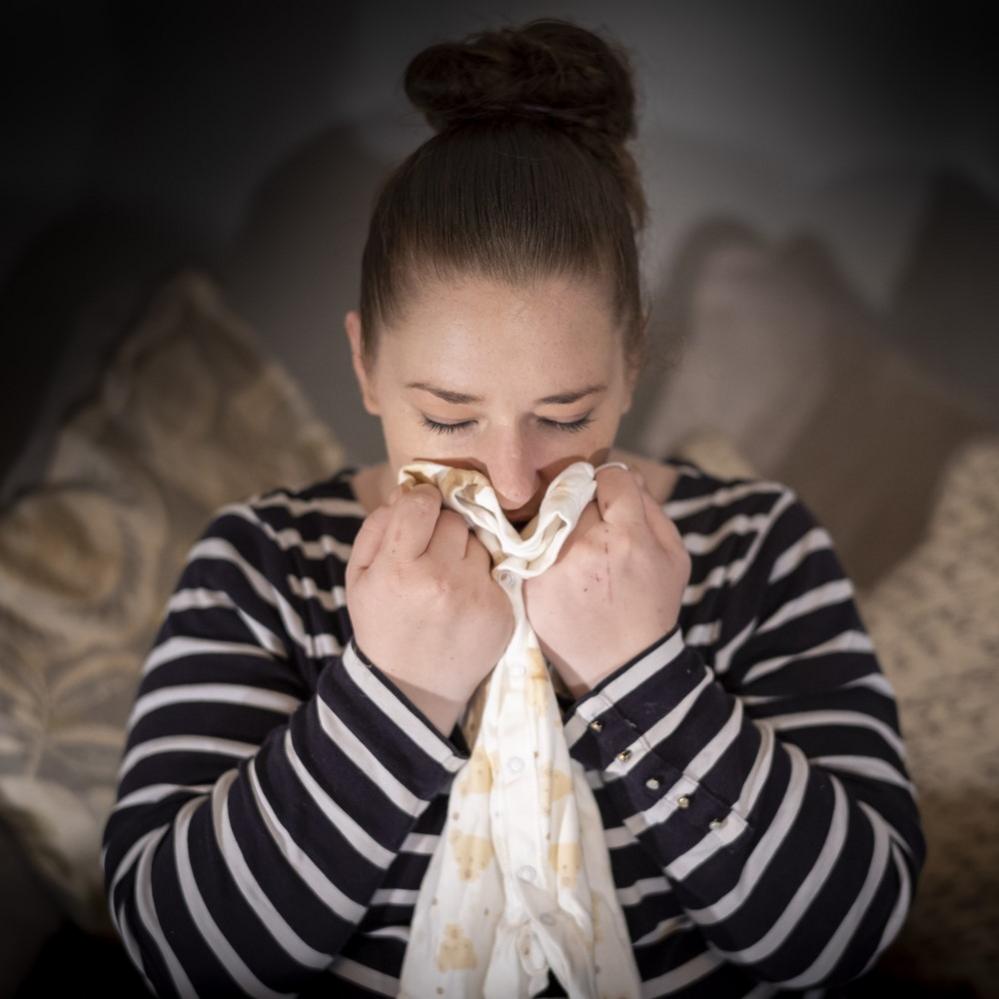
Kelly Jones's twin daughters, Lola and Ella, were stillborn after staff misread their heart-rate monitor and failed to realise they were in distress.
"They had four missed opportunities to deliver my girls, and they didn't," says Kelly. "So I now get to spend the rest of my life going, 'What if, what if, what if?'"
Charlotte Jackson and James Harris
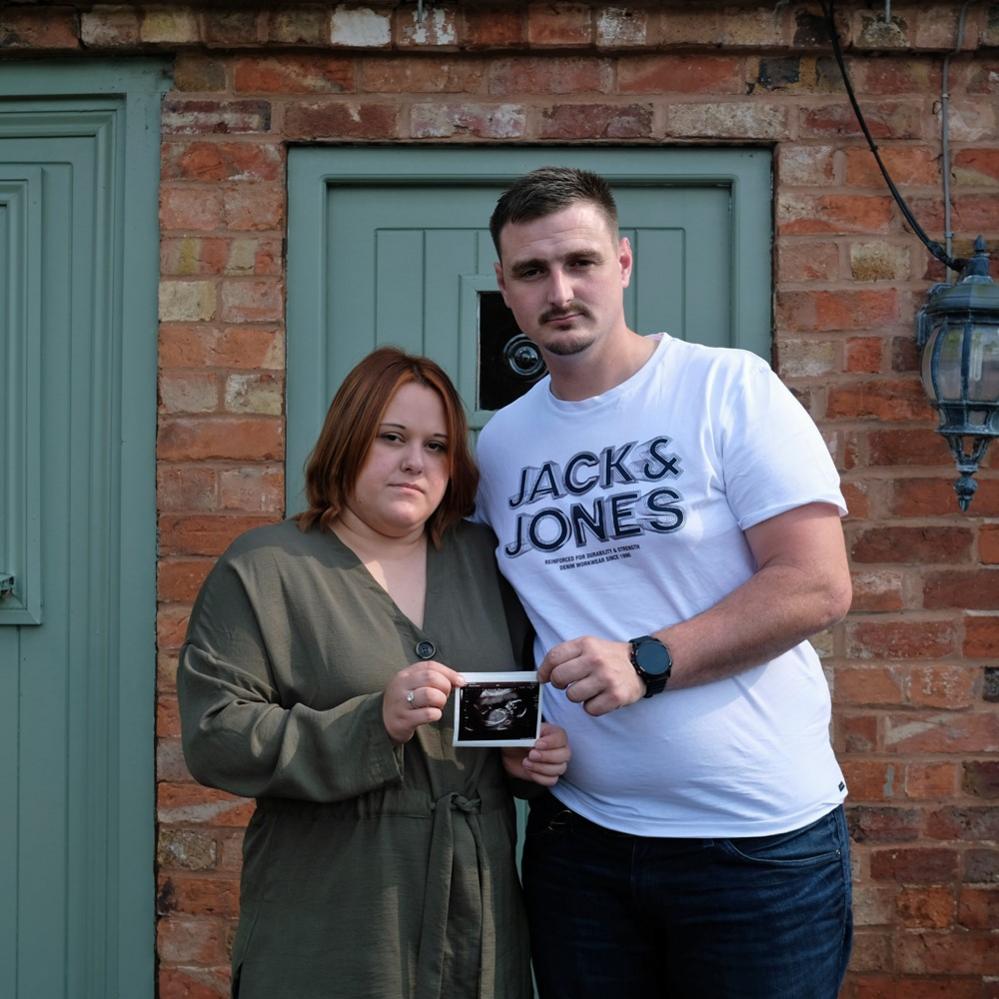
After Charlotte and James's baby, Jacob, died in 2018, the hospital Trust admitted he could have survived if he'd been delivered earlier.
"Never in a million years do you ever think something this horrible, this gut wrenching, is ever going to happen to you," says Charlotte.
If you are affected by issues raised in this article, help is available through the BBC's Action Line.
- Published28 March 2022
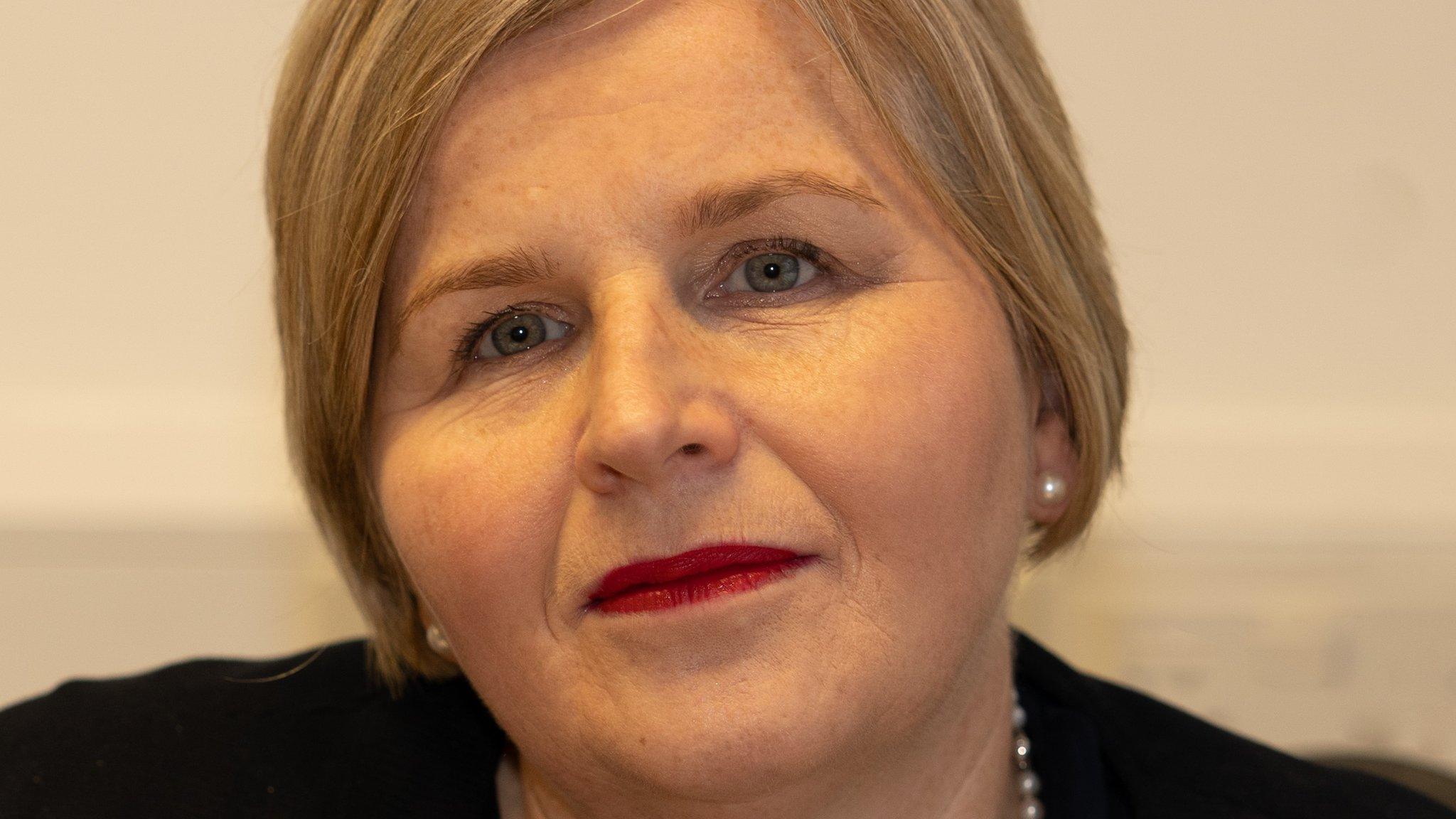
- Published25 March 2021
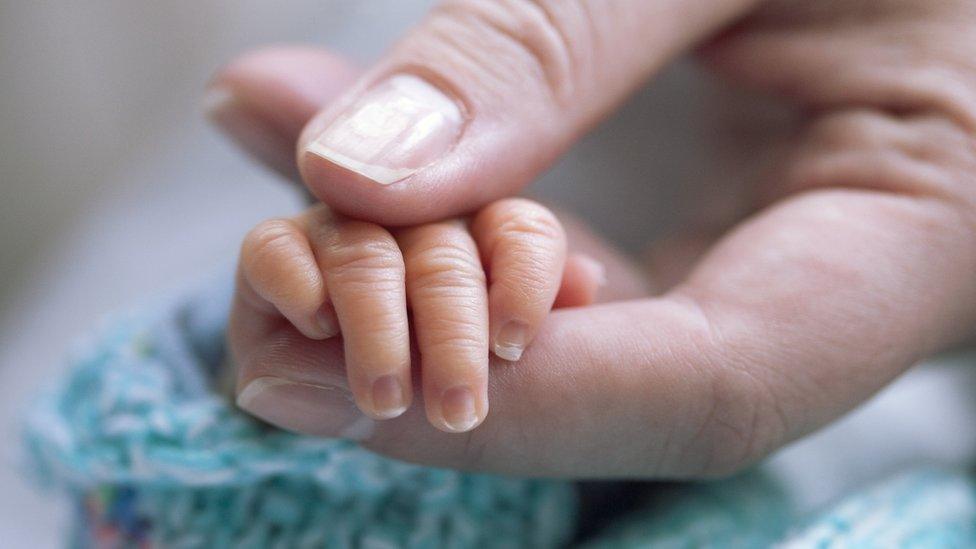
- Published23 February 2022
